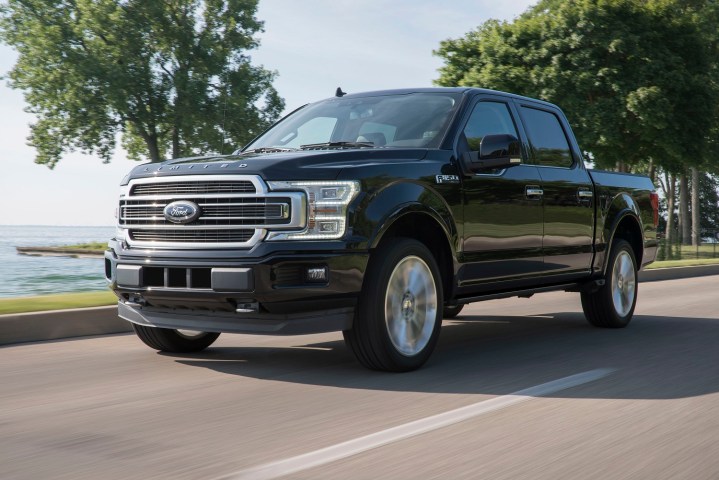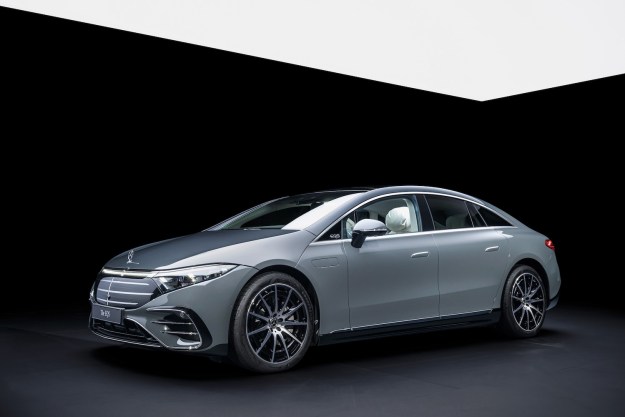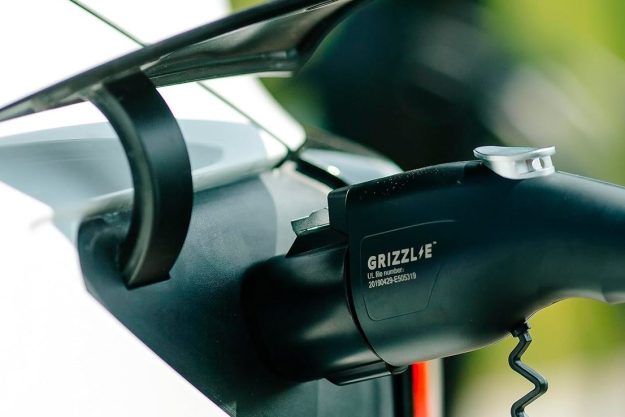
The Ford F-150, part of the F-Series family of models that has ruled America’s sales chart for decades, is the target of a $1.2 billion lawsuit filed by owners of 2018 and 2019 models who argue they’re paying too much for gasoline. Plaintiffs filed a class-action lawsuit in a Michigan court accusing Ford of falsifying the popular truck’s fuel economy figures.
Hagens Berman, the Seattle-based law firm representing F-150 owners, asserted that Ford rigged fuel economy tests to overestimate the truck’s highway gas mileage by 15%, and its city gas mileage by 10%. The lawsuit adds the false data could cost owners more than $2,000 in gasoline over the life of their truck, which is estimated at 150,000 miles. The Environmental Protection Agency (EPA) pegs the V6-powered model’s fuel economy at 19 mpg in the city and 26 mpg on the highway; owners insist real-world mileage is closer to 17 and 22, respectively.
The problem began brewing in September 2018 when a whistle-blower told members of Ford’s management team that employees in charge of testing fuel economy had started using improper methods. The company launched an investigation into the matter, which is still ongoing as of writing. In April 2019, the United States Department of Justice opened a separate investigation into the testing process Ford used to obtain the Ranger‘s fuel economy ratings, but the bigger F-150’s fuel economy wasn’t called into question until Hagens Berman filed the class-action lawsuit.
While details remain murky at best, Hagens Berman believes it has figured out how Ford cheated. Fuel economy tests are carried out on a dynometer, which is like a giant treadmill for cars and trucks, so they don’t take into account important real-world factors like aerodynamic drag. These data points are consequently calculated separately, fed into a computer, and applied to the numbers obtained on the dynometer. The law firm accuses Ford of telling its software that the F-150 is more aerodynamic than it truly is in order to achieve higher mileage numbers.
Hagens Berman makes no mention of the V8-powered F-150, or of the variant equipped with a turbodiesel V6 engine, but it concluded that “there is no reason to assume Ford overstated mileage on just the V6 model 2018 F-150.” Attorneys expect the list of affected models — and, in turn, the sum of the damages sought by plaintiffs — will grow as their investigation continues.
“As you probably know, we typically don’t comment on pending litigation. However, this appears to be similar to two other recent filings by the same law firm in the same court. In any case, it’s important to not confuse claims with merit,” a Ford spokesperson told Digital Trends via email.
Updated 7-24-2019: Added Ford statement.
Editors' Recommendations
- 2022 Ford F-150 Lightning: America’s bestselling vehicle goes electric
- Ford issues safety recalls for three vehicle models in North America
- Hyundai Nexo is the first fuel-cell vehicle crash-tested by the IIHS




